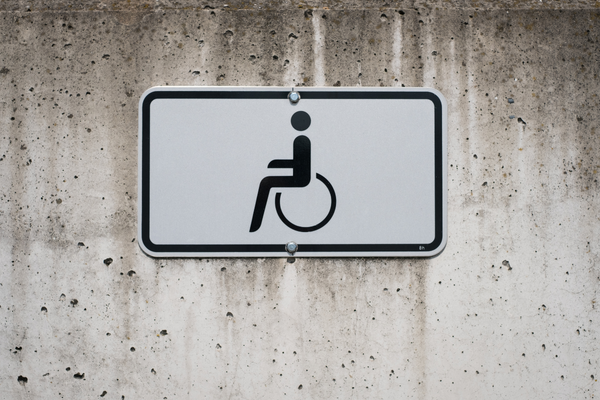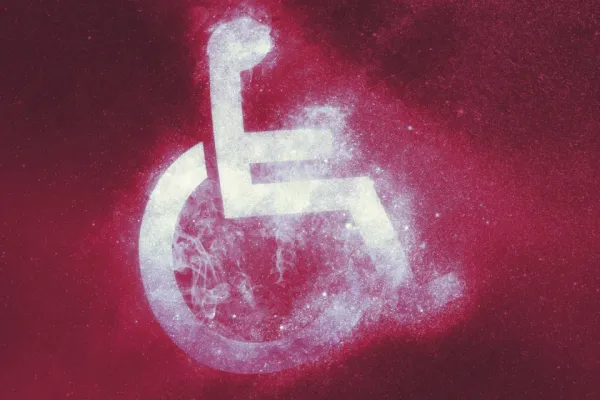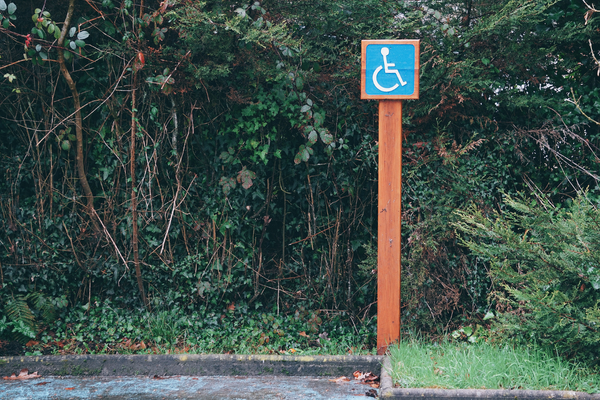2/27/25 - More Trump stuff: Voting rights and Medicaid; and COVID
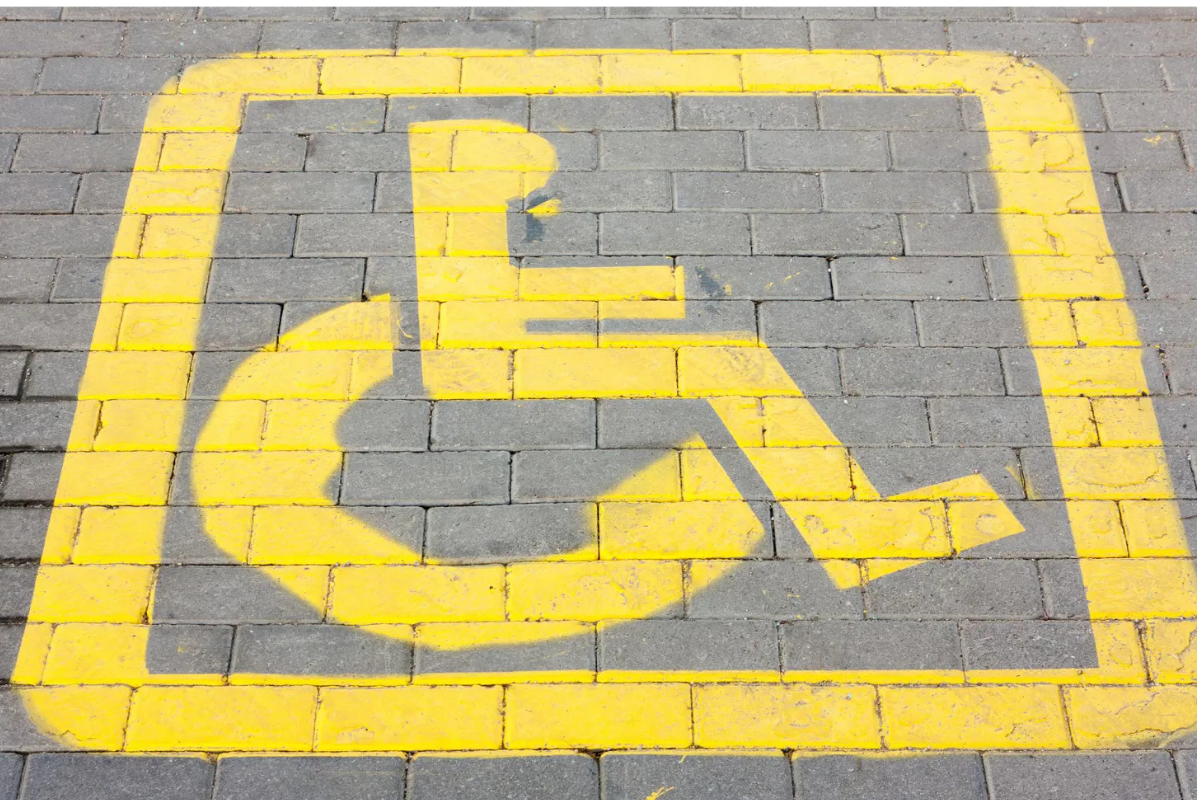

Tell Your Representative: Vote NO on the SAVE Act!
American Civil Liberties Union - February 26, 2025
Source: Sarah Blahovec's LinkedIn page
"This bill would create unnecessary new barriers by forcing voters to show documentary proof of citizenship, such as a passport or birth certificate, just to register to vote and will require faulty voter roll purges that will lead to eligible voters being disenfranchised. It's a bill based on lies about widespread voter fraud and it threatens to block millions of eligible Americans from voting who lack easy access to these records due to financial or systemic barriers."
This is one of those issues where we have to contend with a certain variety of "common sense." A lot of people who look at "voter ID laws" in a very superficial way don't understand why it's such a big deal having to prove your identity and citizenship in certain ways in order to register to vote. You can see why people might think that. But there are good reasons why it is a big deal, and why making voting even a little bit harder is something to avoid. Among other things, any added hurdle disabled people have to get over in order to vote tends to discourage us from voting. That's bad for democracy and bad for us individually, as disabled people. Besides, as this ACLU action alert notes, the push for stricter voter ID laws is based on deliberately drummed-up myths and misconceptions about voter fraud, which is actually extremely rare. I've added this to the Action Alert section below.
Republicans are eyeing cuts to Medicaid. What is Medicaid, and how is it different from Medicare?
Renuka Rayasam, Sam Whitehead, CBS News - February 19, 2025
"Medicaid is complex. The $880 billion-a-year state-federal program offers health coverage to millions of disabled and low-income Americans. The program covers different services for different people in different parts of the country — and enrollees may interact with private insurance companies without "Medicaid" in their names, leaving some unaware that they're on the program at all."
Confusion over what, exactly, Medicaid and Medicare are and how they are different has always made these programs harder to defend and improve. With a new political makeup in Washington, DC once again making moves to substantially change and cut Medicaid, now is the time to get it straight what these two programs do, where their money comes from, where it goes, and especially for readers of this newsletter, how both health care programs uniquely affect Americans with disabilities. Short answer ... they cover a lot more than basic health care for a lot of disabled people. The article is fairly long for a TV news piece, but well-organized and easy to digest.
Growing Up Sick
Royal Hansen, LinkedIn - February 26, 2025
Source: Dom Kelly's Facebook page
"I was slow to understand and believe that he was not going to suddenly recover, and even slower to realize that he would steadily get worse."
The LinkedIn post itself is worth reading. But what strikes me even more powerfully is Dom's introduction to it on his Facebook page. He writes:
"Many people have questioned why we still wear masks despite being very vaccinated. Why we ask visitors to test. Why Mahalia wears a mask (and she’s vaccinated as well) ... At this point I don’t judge individual folks for their decision to not mask, truly. Our government abandoned us and public health officials lied to us. But if you are even a little concerned about Long COVID for you or your kids, masking again would be a great starting point."
In a different America, maybe with a different election outcome last November, there could have been a productive discussion among disability and chronic illness activists about how to make some modest but effective long-term policy changes aimed at protecting disabled and chronically ill people from infectious illnesses. As I have suggested before, (and I'm not afraid to be a broken record on this), the most politically practical and useful changes would probably be a combination of normalizing the choice to wear masks, and more frequent, reliable, and readable reporting on infectious illness rates in every U.S. county. It would still have been a difficult battle, even with a Harris/Walz administration and a Democratic Congress. Most Democrats joined in the effort to drop all COVID precautions, like wearing masks even voluntarily. Like this father being slow to face the implications his son's Long COVID, people all over the political spectrum have been reluctant to even appear to be worried about COVID or any other similar illness, now that it's supposed to be officially "over." But I still feel like in a different political climate there would be a chance to land on an approach that makes infectious illness something we have the information to reasonably plan for, and something that those who choose to be causal about it themselves at least won't judge and ridicule us for.

Action Alerts
Opportunities to take action on disability issues ...
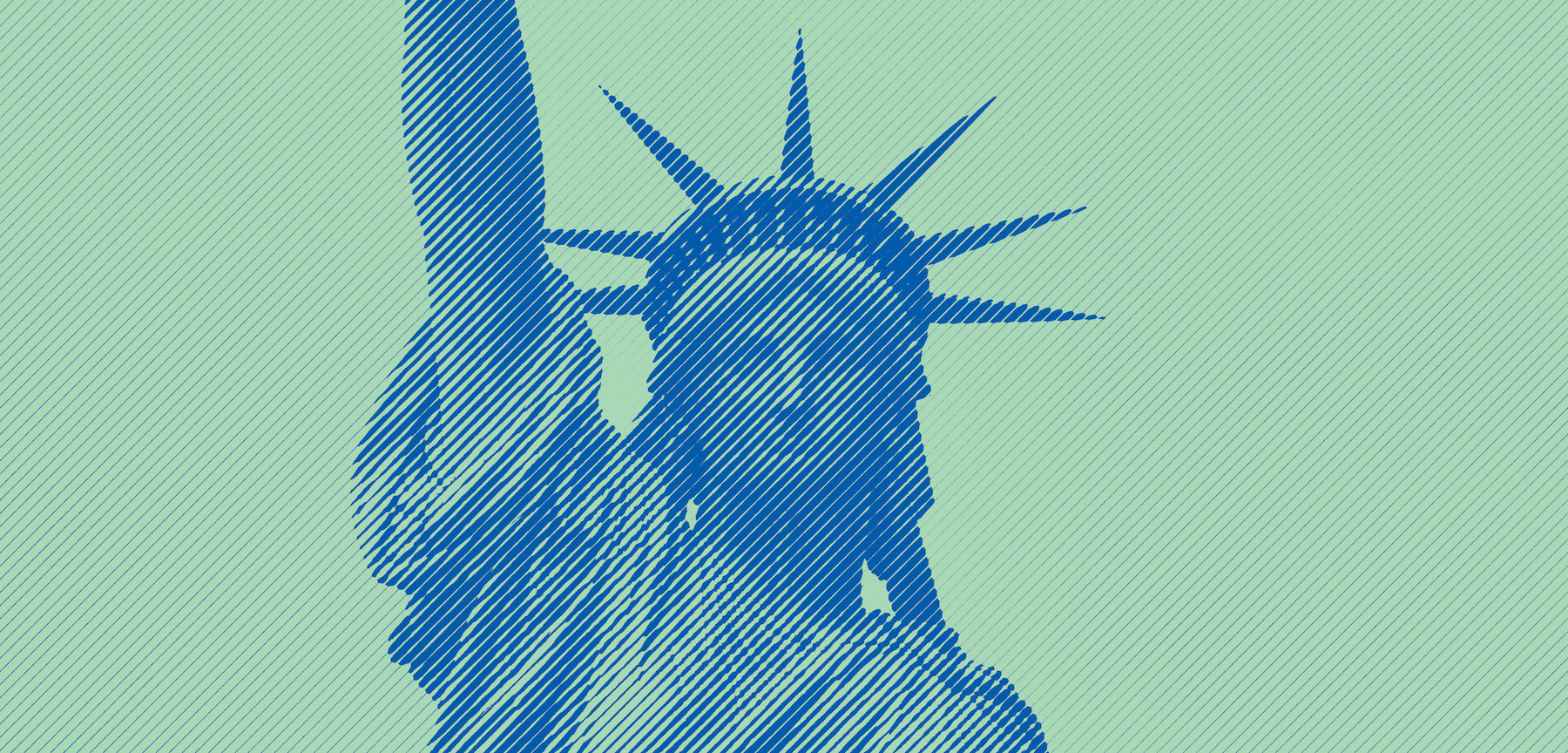
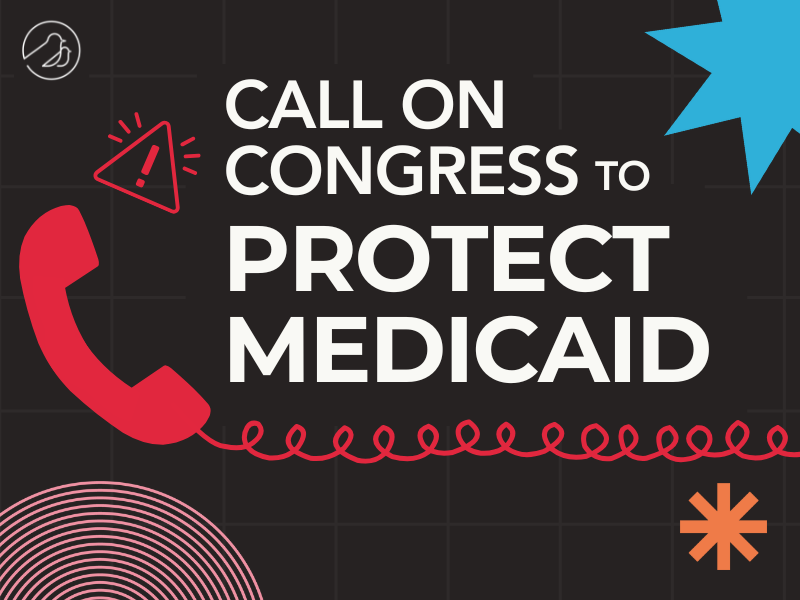
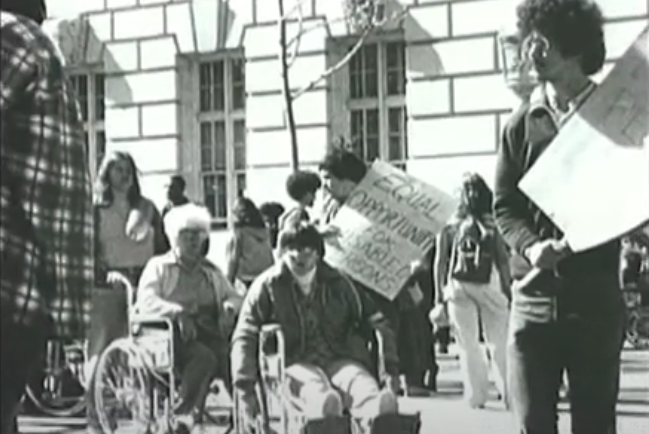
Disability Thinking Weekday is a Monday-Friday newsletter with links and commentary on disability-related articles and other content. Please like, share, comment, and subscribe — for free, or with a paid subscription. A free subscription brings a newsletter to your email each weekday, and gives you access to Comments. Benefits of paid subscription include:
- A monthly recap with links to all of the previous month's shared articles, organized by topic.
- Listing as a supporter, and a link to your website if you have one.
- You can recommend one disability-related article for me to share per month in a weekday post.
To to subscribe, or check and change the status of your subscription, click this button:
I am so grateful for your help and engagement, in whichever forms you choose!



